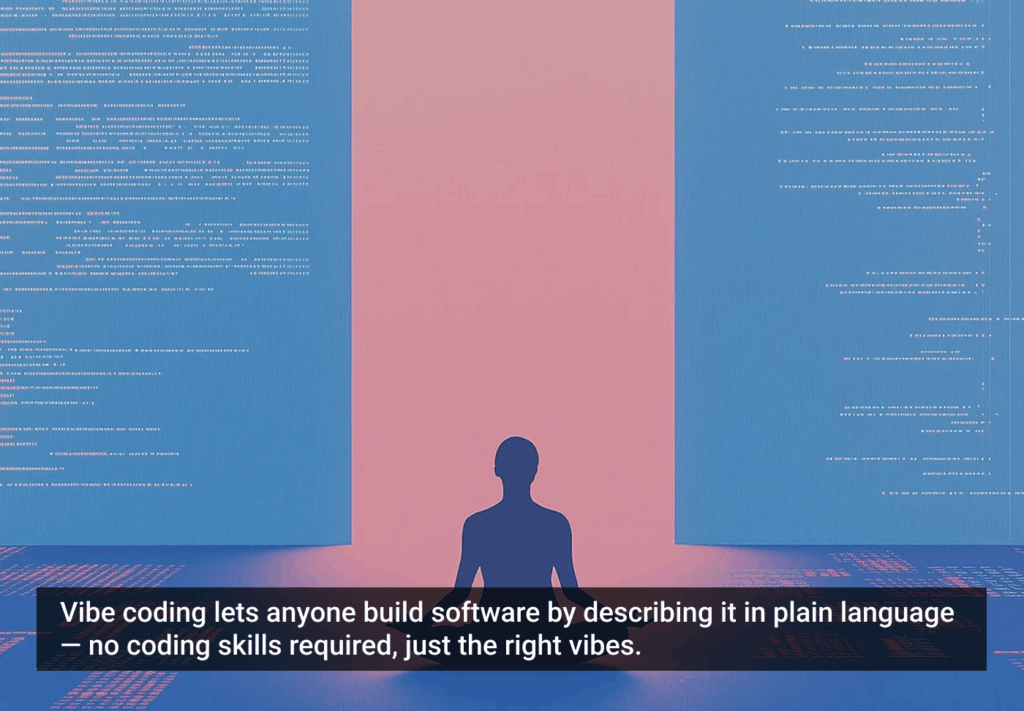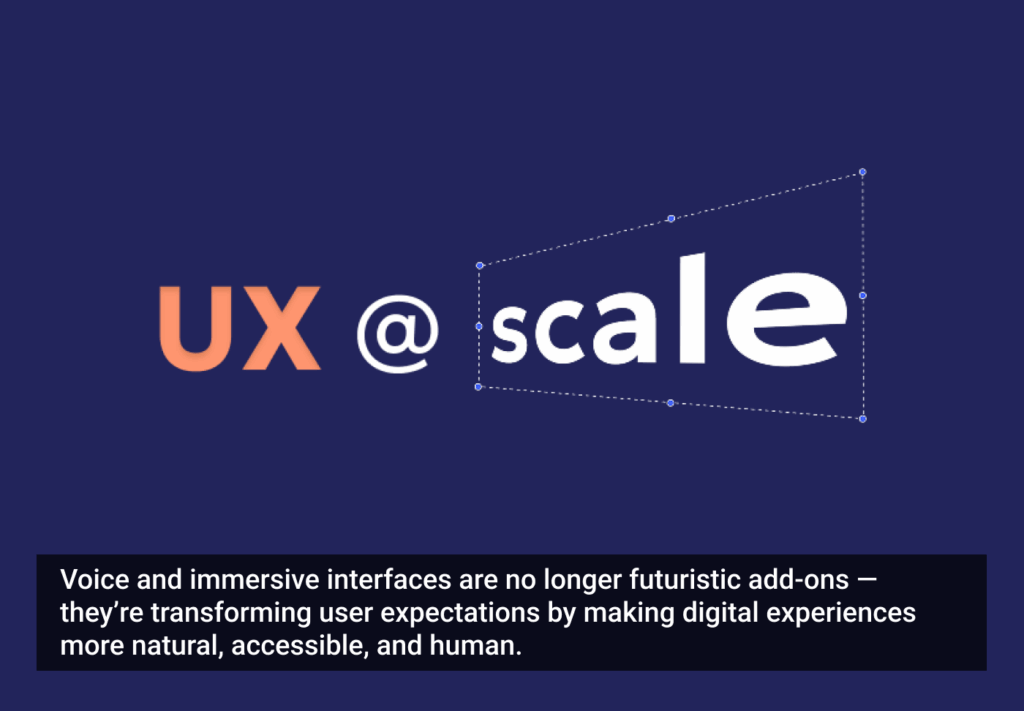World Usability Day 2013 Bristol is proud to host a day of seminars from some of the most thought-provoking and inspirational leaders in UX.
World Usability Day is an annual event occurring around the world, bringing together communities and people interested in improving online user experience. Scheduled for November 14, 2013, World Usability Day 2013 Bristol will be a day of celebration, inspiration, networking, and education.
A full day of seminars in the hub of Britain’s creative capital, Bristol’s World Usability Day speakers include Dan Klyn, Andrea Resmini, Jason Hobbs, Alistair Duggin, Claire Rowland, Dylan Thomas, and Oli Shaw.
Tickets are priced at just £39.95 and include refreshments, lunch, afternoon tea and scones, and the chance to win prizes from sponsors. Tickets can be purchased through Eventbrite. Sponsors include: Axure, Optimal Workshop, Keynote, UX Magazine, Nomensa, Balsamiq, Natural Interaction, e3, and People for Research.
Follow the World Usability Day Bristol on Twitter and track the event using #WUD2013.
Image of Clifton Bridge in Bristol courtesy Shutterstock







